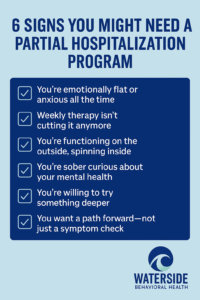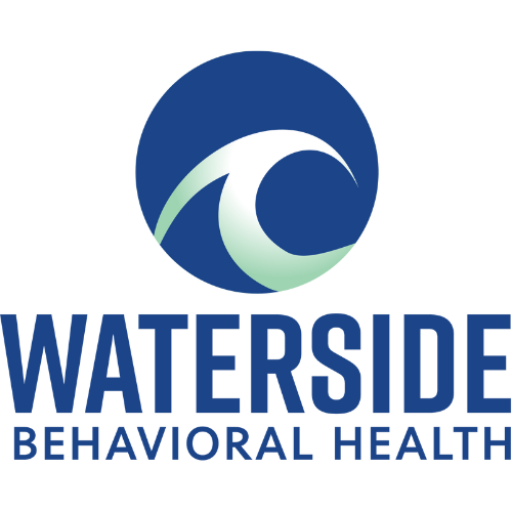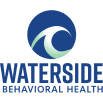There’s a weird space between “fine” and “falling apart.”
It’s when you’re technically functioning—showing up, paying bills, answering texts—but inside, everything feels tangled.
You’ve tried therapy. Maybe you’ve journaled, read the books, downloaded the apps. You’re trying. And it’s still not enough.
If that’s where you are, this isn’t your fault. It’s not a character flaw. It just might mean you need more structured help—and not because you’re “sicker,” but because your brain deserves support that actually works.
A Partial Hospitalization Program (PHP) might sound intense—but it could be exactly the right kind of relief. Let’s talk about what that is, and how to know if it’s time to try it.
1. You’re Not in Crisis—but You’re Definitely Not Okay
Maybe you’re not having daily panic attacks. Maybe you’re not suicidal. But:
- You’re emotionally flat or anxious all the time
- Your coping skills feel like they’ve expired
- You cry in secret or wake up dreading everything
- You feel distant from who you used to be
You’re not “crazy.” You’re overwhelmed. And if your emotional baseline has quietly shifted into constant survival mode, it doesn’t mean you’re broken. It means you’re running low on internal bandwidth—and PHP gives you a place to plug in and recharge.
2. Weekly Therapy Isn’t Cutting It Anymore
You’ve done therapy. You’re not new to this. But lately, 50 minutes once a week feels like putting a bandage on a volcano.
That doesn’t mean therapy failed. It means your needs changed.
And it’s okay to change your level of support in response.
A Partial Hospitalization Program in Plymouth County, MA offers multiple hours of care per day—group sessions, individual therapy, coping skill classes, psychiatric consults. It’s immersive support, not just a check-in.
3. You’re Functioning on the Outside and Spinning Inside
High-functioning doesn’t mean high-wellbeing.
You can show up to work, care for others, even joke in meetings—and still feel like your brain is holding its breath all day.
If you’ve mastered the art of hiding your symptoms, a PHP gives you space to stop performing and actually heal.
At Waterside Behavioral Health, our Partial Hospitalization Program supports people just like you—people who are tired of pretending they’re fine when they’re not.

4. You’re Sober Curious About Your Mental Health, Not Substances
Let’s be clear: PHP isn’t just for addiction recovery. It’s also built for people navigating complex mental health issues—like anxiety, depression, trauma, or mood instability—without a substance use diagnosis.
If you’re “sober curious” not about alcohol, but about how you might feel without all this anxiety or emotional static, PHP can be a safe place to explore that curiosity, without judgment or pressure.
We don’t slap on labels. We help you understand what’s actually going on in your system—and how to care for it with intention.
5. You’re Willing to Try Something Deeper
PHP doesn’t fix you. But it does give you structure.
It’s not bootcamp. It’s not a hospital. You sleep at home. You can still see friends. But during the day, you commit to a few weeks of real, focused care.
That might look like:
- Daily therapy groups that don’t just vent—but teach
- One-on-one sessions with a clinician who listens, not lectures
- Mindfulness, DBT, and emotion regulation skills you can actually use
- Support for exploring medication if you want to—no pressure
It’s the kind of support that doesn’t ask you to snap out of it. It helps you move through it—with company.
6. You Want a Path Forward—Not Just a Symptom Check
Many people in mid-recovery or emotional burnout don’t need to be stabilized—they need to feel like their life is theirs again.
PHP helps you build an action plan—not just survive the day.
You’ll walk away with:
- Clarity about what triggers you and why
- Tools to handle stress, emotion, and overwhelm
- A discharge plan that supports your return to life—not drops you in it cold
If you’re looking for a Partial Hospitalization Program in Bristol County or Plymouth County, Waterside’s program is designed to support this middle space—where things are hard, but help is still possible.
FAQs for the Mental Health Recovery Curious
Do I have to be in a crisis to join PHP?
No. PHP is preventative as much as it is stabilizing. If you feel overwhelmed, disconnected, or stuck in patterns that aren’t improving—PHP can help before things reach crisis point.
Will I be forced to take medication?
No. Medication may be discussed if you’re interested, but it’s not required. We believe in informed choice, not pressure.
Can I work while in PHP?
PHP usually takes place during the day (e.g., 9 AM–3 PM, M–F), so full-time work may not be feasible. But this is temporary—and often a small pause can lead to a stronger, more sustainable return.
Is PHP inpatient treatment?
No. PHP is outpatient. You attend during the day and return home at night. It offers the intensity of inpatient care—without the overnight stay.
How long does PHP last?
Many clients attend PHP for 2–4 weeks. The exact timeline depends on your needs and progress.
You’re Allowed to Want More for Your Mental Health
Call 774-619-7750 or visit our Partial Hospitalization Program page to learn how Waterside Behavioral Health supports people who are ready to stop spinning their wheels and start moving forward—with clarity, structure, and real support.




